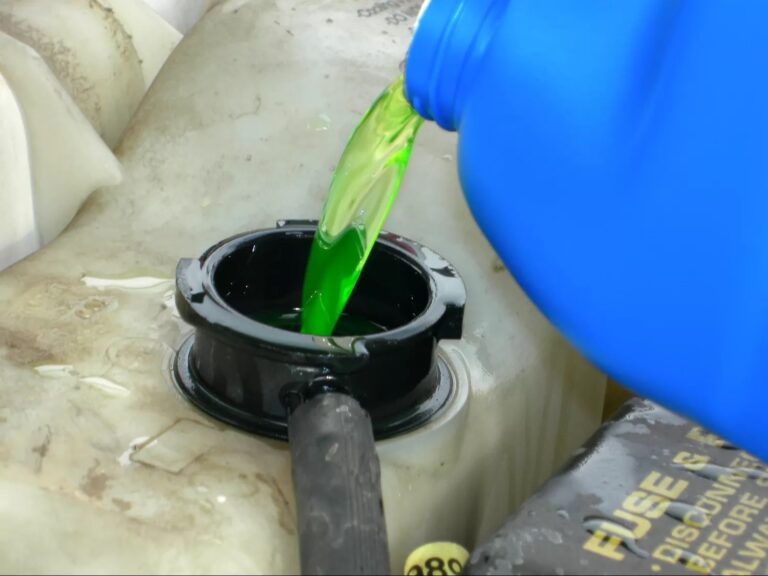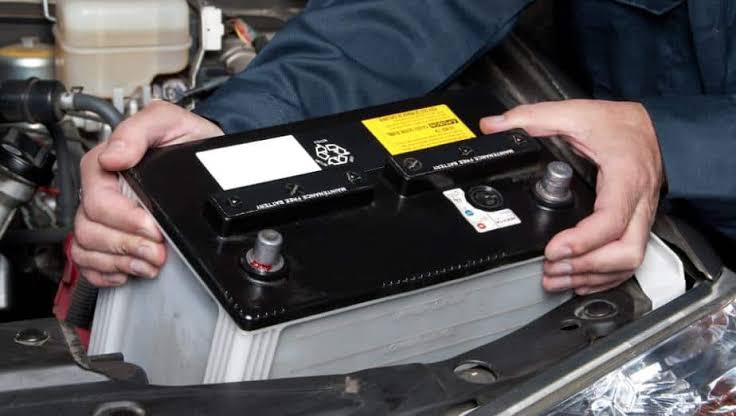Can A Muffler Get Clogged?

The muffler plays an essential role in reducing the noise produced by your vehicle’s exhaust system. It helps to ensure that the engine operates quietly, making your drive more pleasant. But just like other components in your vehicle, the muffler can experience issues over time. One of the common concerns is whether the muffler can become clogged. So, can a muffler get clogged? The answer is yes, and in this article, we’ll explain how it happens, what the symptoms are, and how to fix it.
What Causes a Muffler to Get Clogged?
A muffler can get clogged due to various factors that interfere with its proper functioning. The clogging usually occurs when the muffler accumulates debris, soot, carbon buildup, or rust. Here’s how it can happen:
1. Carbon and Soot Build-Up
As your vehicle runs, exhaust gases are expelled from the engine through the exhaust system. Over time, carbon, soot, and other particles from the engine emissions can build up inside the muffler. This buildup can create blockages, affecting the muffler’s ability to function correctly.
2. Rust and Corrosion
Mufflers are typically made of metal, and they can rust or corrode over time due to exposure to heat, moisture, and road salts. Corrosion can lead to internal damage and clog the muffler by blocking the exhaust flow. Additionally, small pieces of rust and metal can break off and cause obstructions.
3. Faulty Catalytic Converter
A failing catalytic converter can also contribute to muffler clogging. If the converter is not working correctly, it can cause excessive buildup of debris that may travel to the muffler and clog it.
4. Excessive Exhaust Pressure
A damaged or malfunctioning exhaust system can lead to high exhaust pressure, which may cause the muffler to become clogged. If the pressure is too high, it can force soot and debris into the muffler, leading to a blockage.
5. Manufacturing Defects
In some rare cases, a muffler may develop a clog due to a manufacturing defect. Poor design or construction could cause the exhaust gases to not flow as intended, leading to potential blockages.
Symptoms of a Clogged Muffler
A clogged muffler will affect your vehicle’s overall performance. Below are common signs that your muffler may be clogged:
1. Loud Engine Noise
One of the primary functions of the muffler is to reduce noise. If you notice that your car is significantly louder than usual, it may indicate a blockage in the muffler. A clogged muffler can result in reduced sound dampening, causing the exhaust system to produce louder engine noises.
2. Decreased Engine Performance
If the muffler is clogged, exhaust gases can’t flow freely through the system, which can lead to a decrease in engine performance. You may notice a loss of power, sluggish acceleration, or poor fuel efficiency. The engine may struggle to expel gases, leading to inefficiency in its operation.
3. Poor Fuel Efficiency
A clogged muffler can cause increased backpressure in the exhaust system. This backpressure makes it harder for the engine to expel exhaust gases, resulting in poor fuel efficiency. Your car may consume more fuel to maintain the same level of performance.
4. Strange Smells
If the muffler is clogged, the engine may not run as efficiently, which can result in strange odors coming from the exhaust. A sulfur-like smell or a strong, unpleasant odor can indicate issues within the exhaust system, including muffler clogging.
5. Engine Misfires or Stalling
In severe cases, a clogged muffler can lead to engine misfires or stalling. As exhaust gases back up, the engine may struggle to run, causing it to misfire or shut down unexpectedly.
6. Visible Damage or Rust
If you notice any external rust, dents, or visible damage on the muffler, it could be a sign that the muffler is deteriorating inside. This corrosion can cause blockages and other issues, impacting its overall functionality.
How to Fix a Clogged Muffler
If you suspect that your muffler is clogged, it’s essential to address the issue quickly to avoid further damage to your exhaust system or engine. Here are the steps to fix a clogged muffler:
1. Diagnose the Issue
Before replacing the muffler, you need to confirm that it is the source of the problem. A mechanic can perform a thorough inspection of your exhaust system, including the muffler, to determine whether it’s clogged or if other parts, such as the catalytic converter, are causing the issue.
2. Clean the Muffler (If Possible)
If the clog is caused by carbon buildup, cleaning the muffler may solve the problem. This typically involves removing the muffler and using special cleaning solutions or tools to remove debris and soot buildup. However, cleaning is only a viable option if the clog is minor and the muffler is not severely damaged.
3. Replace the Muffler
In most cases, the best solution is to replace the clogged muffler entirely. If the muffler is severely corroded, rusted, or damaged beyond repair, replacing it is often the most effective option. A professional mechanic can remove the old muffler and install a new one to restore proper exhaust flow.
4. Check the Entire Exhaust System
When replacing or repairing a muffler, it’s important to inspect the entire exhaust system for additional damage or clogs. A clogged muffler may be a symptom of other issues within the exhaust system, such as a faulty catalytic converter or damaged pipes. Fixing these underlying problems is crucial to prevent further damage.
5. Regular Maintenance
To prevent muffler clogging in the future, it’s essential to maintain your exhaust system properly. Regularly check for any signs of rust, corrosion, or damage, and replace parts as needed. Keeping the exhaust system clean and in good condition will help extend the life of your muffler.
Conclusion
In conclusion, yes, a muffler can get clogged, leading to several issues, including loud engine noise, reduced performance, poor fuel efficiency, and engine misfires. Muffler clogging is typically caused by carbon buildup, rust, or excessive exhaust pressure, and the symptoms can be frustrating for vehicle owners. If you suspect that your muffler is clogged, it’s important to have it inspected and repaired by a professional mechanic to ensure your vehicle’s exhaust system functions properly. Regular maintenance of the exhaust system can help prevent muffler clogging and keep your car running smoothly.





